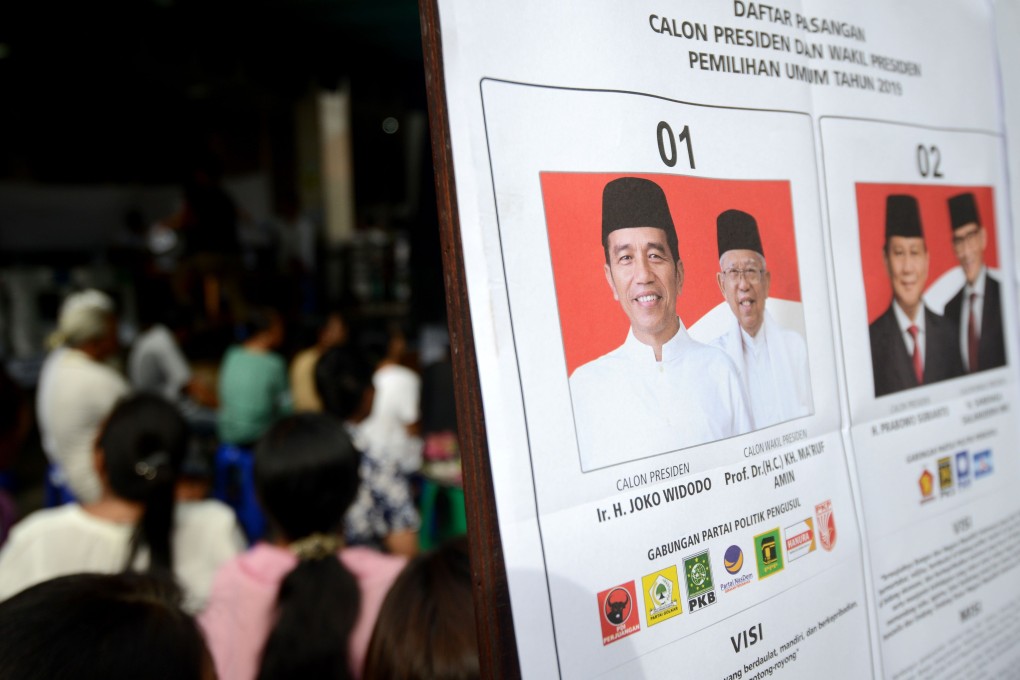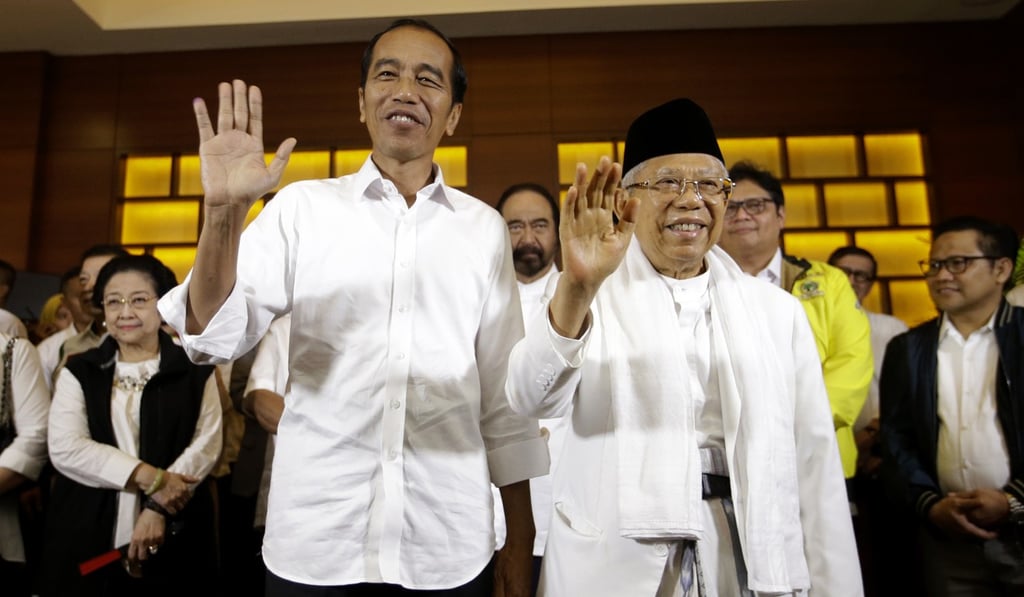Indonesia election: hardline Islam, where it all went wrong for Prabowo Subianto
- Yohanes Sulaiman charts the course to Wednesday’s turbulent election day, and what the likely takeaways will be
- For Prabowo, it is not due to lack of trying. Pollsters say he won the popular vote in four more provinces this year compared to 2014

For pollsters tracking both candidates over the last eight months, the outcome is not a surprise. Indikator, IndoBarometer, CSIS, Kompas, and Saiful Mujani Research and Consulting (SMRC) had predicted Jokowi and his running mate Ma’ruf Amin’s victory albeit with a wider margin of victory.

For Prabowo, it is not due to lack of trying. Pollsters say the former general won the popular vote in four more provinces this year compared to 2014, though official results from the Indonesia’s Elections Commission are not yet out and might only be released in May.
These 14 provinces – expected to include West Java, Banten and North Sumatra – are known to be among the most conservative places in the country. Since the 2014 election, Prabowo’s supporters have painted Jokowi as an enemy of Islam, a secret Communist and a Catholic, despite the incumbent leader being a devout Javanese Muslim. Their efforts to discredit Jokowi’s policies have tapped into latent anti-Chinese sentiment, and this line of attack hit its crescendo in 2017.